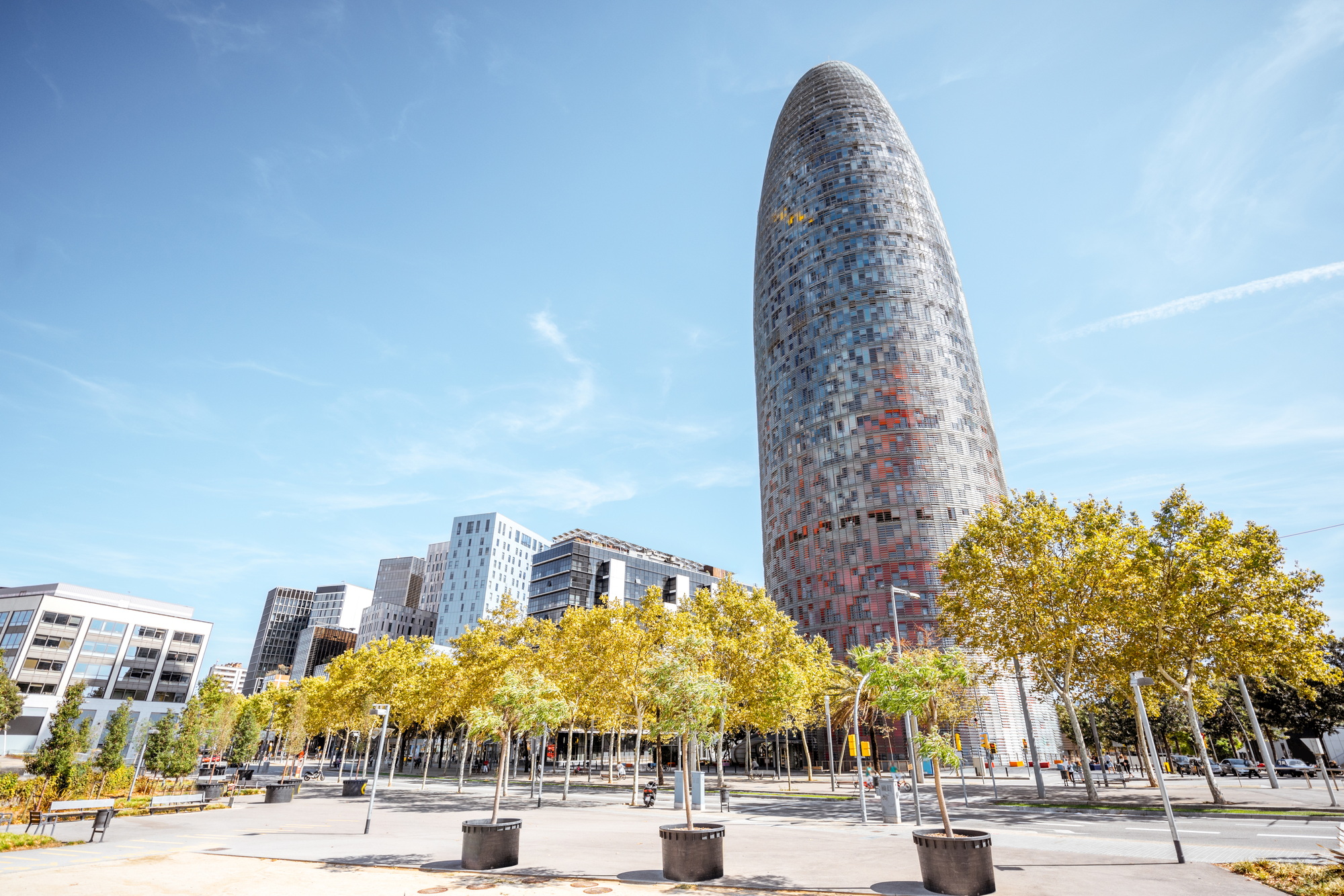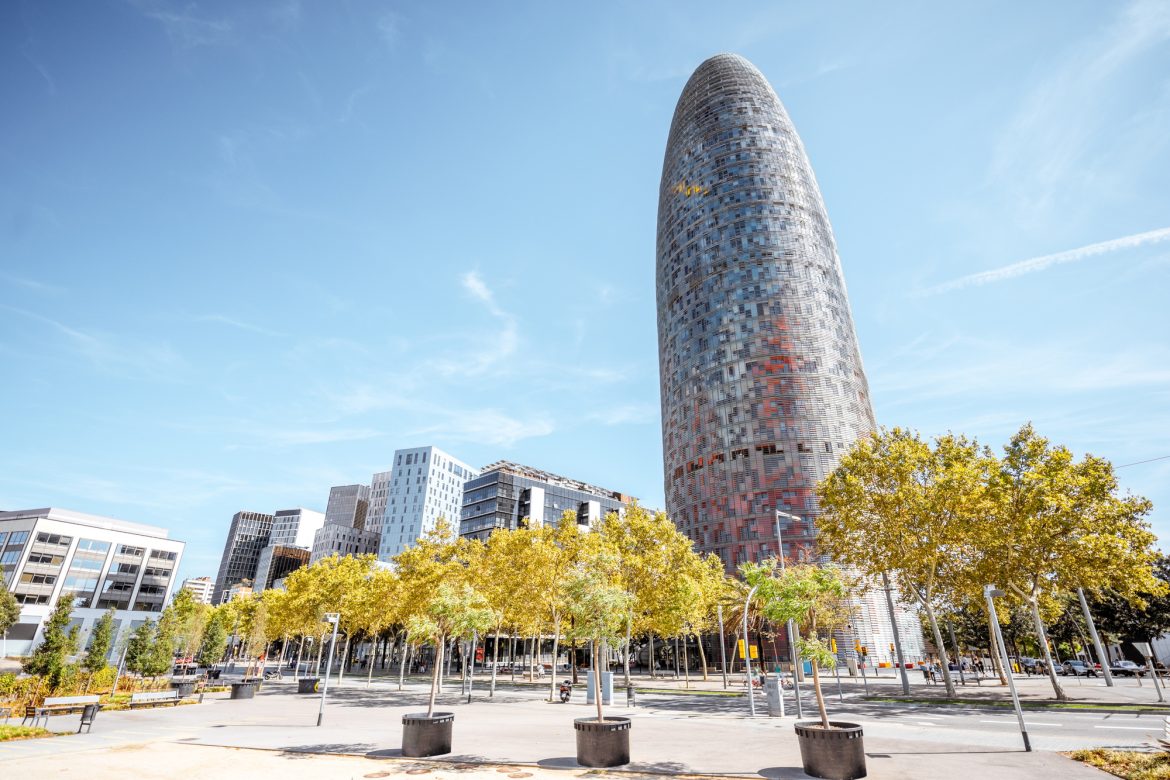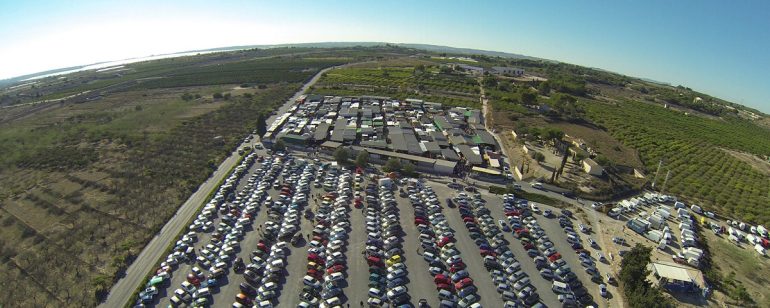On July fourteenth two thousand twenty-five, the central government and Catalonia’s Generalitat announced their progress towards establishing a new financial model for the region. This model, originally agreed upon by the PSC and ERC last year in exchange for support for Salvador Illa’s investiture, allows the Generalitat to collect all regional taxes and transmit a portion to the state. The goal is for this framework to be potentially extended to other Spanish communities.
The meeting, which marked the second Bilateral Commission since Illa took office, faced criticism due to the absence of key finance minister María Jesús Montero. The new funding structure aims to adhere to the principles of ordinality and multilateralism, ensuring that Catalonia’s financial contributions do not disadvantage it compared to other regions. Proponents argue that it will enhance the capacity of regional governments to manage their finances effectively.
However, the proposal has drawn significant backlash from opposition parties, particularly PP and Vox, who label it a means of political corruption. Critics assert that it undermines equality among Spanish citizens and jeopardizes public services. ERC reiterated its commitment to support only if the financing model is approved, highlighting tensions between coalition partners.
The government remains optimistic about reaching a detailed agreement by the year’s end and has expressed a desire to advance legislative changes through Congress. They assert that the new financing model is necessary to modernise Spain’s outdated financial structures, dated since two thousand fourteen, and is a vital step in strengthening the autonomy of various regions.
This article was written with AI assistance and reviewed by a human editor before publication.



















